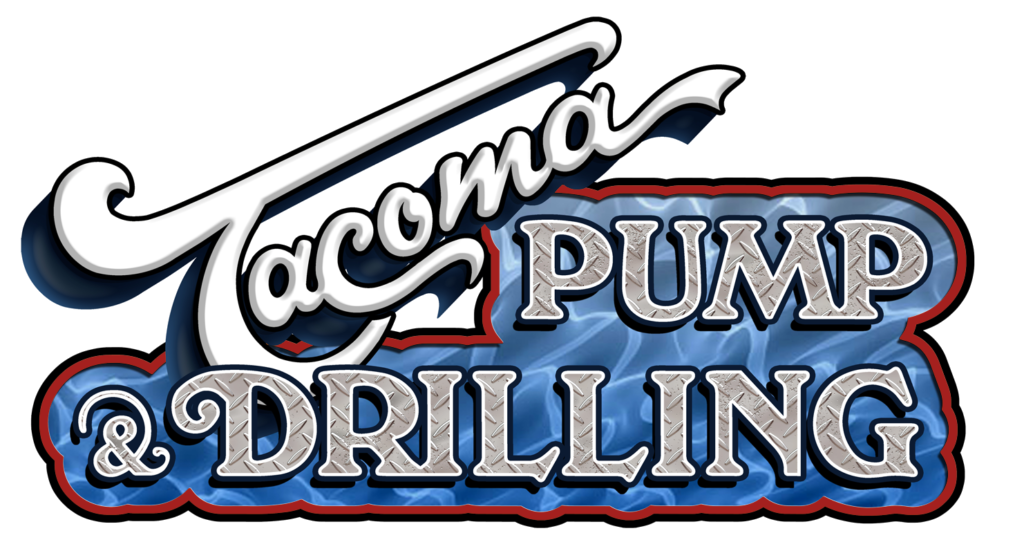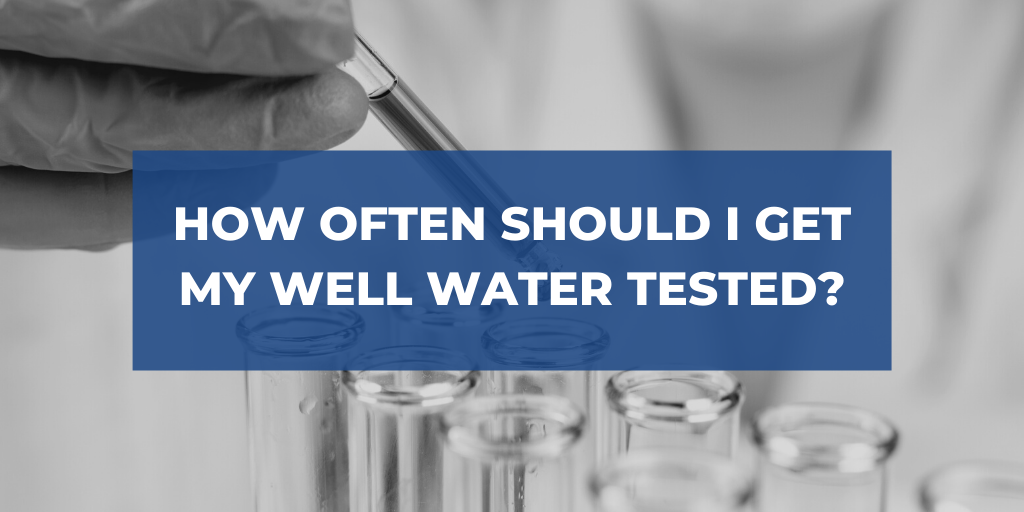Owning a private water well helps reduce your water bill and avoid harsh chemicals in your drinking water. However, along with residential water well ownership comes the responsibility to maintain the purity and safety of your water. Managing your water’s safety means getting your well water tested for specific contaminants. How often should you test your well? In this article, we’ll unpack best practices and tips for keeping your well water potable.
Testing Your Residential Well Water
The Washington State Department of Health recommends testing your private well at least once a year for the specific contaminates of coliform bacteria and nitrate.
Even just one glass of water contaminated with these two substances damages our health. So why only test once a year? You can absolutely test more frequently, but both the CDC and the department of health recognize that testing at least once annually significantly reduces the risks of contaminants in your drinking water.
Understanding Your Test Results
There are two main things to look for when you receive your test results. The first is the nitrate level.
If your water shows slightly elevated levels of nitrate (around 5 milligrams per liter or higher), experts recommend retesting your drinking water in another six months. Nitrate levels vary over time, so resampling the water ensures the contaminates aren’t increasing.
If the nitrate level is over 10 milligrams per liter (or 10 parts per million), stop drinking the water immediately. Use a different water source (like bottled water) and speak with the lab and your local health department about how best to decontaminate your well.
The test results for coliform bacteria look a little different. Your results show either “satisfactory” or “unsatisfactory.” The latter indicates to stop drinking your well water right away. Find an alternate source of drinking water while you retest or decontaminate your well.
Decontaminating Well Water
When your well water tests positive for contaminants, the next step is to decontaminate your well. Working with the local lab that tested your water is the first option. Accredited labs determine the best options: re-test your water, disinfect your well, or perhaps consider the efficacy of your well.
There are options available for home water treatment units, however, the Environmental Protection Agency does not always monitor these products. Also, maintaining your unit is just as important as testing your water regularly and maintaining your well system.
In some cases, a well is too contaminated to continue using. Decommissioning your well is the only option. This is a method of professionally sealing the well to ensure it does not contaminate the surrounding groundwater.
When to Get Your Well Water Tested
The time of year you test your well water is entirely up to you. However, experts often recommend testing annually in the spring.
Western Washington’s rainiest months are usually November through March. The additional water runoff from the rain can wash contaminants from the surface into your well, especially if your well has any leaks, cracks, or other damage.
During the dry months or the cold months of winter, when the ground is frozen, your well water may test safe for contaminates. The weather and lack of excess runoff hides the underlying damage that is exposed during the wetter, rainier months.
Whether you choose to test in the spring or any other season is entirely up to you. The most important thing is that you get your water tested annually!
Other Tips for Testing Your Well Water
Apart from your annual water test, other factors indicate it is time to test your water. Even if you recently tested your water, any change in the status of your well warrants retesting the water. Here are some examples:
- You notice a change in the flavor, color, or odor of your water
- Your land recently experienced flooding
- Neighbors or local residents experience problems with their well water
- There are known chemical runoff or nearby waste disposal issues
- You replace or repair part of your well system
So how do you actually get your water tested? Some counties offer water quality testing through the local health department. Otherwise, state-accredited drinking water labs provide the necessary testing to ensure your drinking water is safe. You can find both county and accredited laboratories through the Washington State Department of Ecology.
Need More Residental Well Water Resources?
We’re here to help! Find more information about maintaining your drinking water on our resources page or feel free to contact us for details about drilling, maintaining, and decommissioning your water well.

